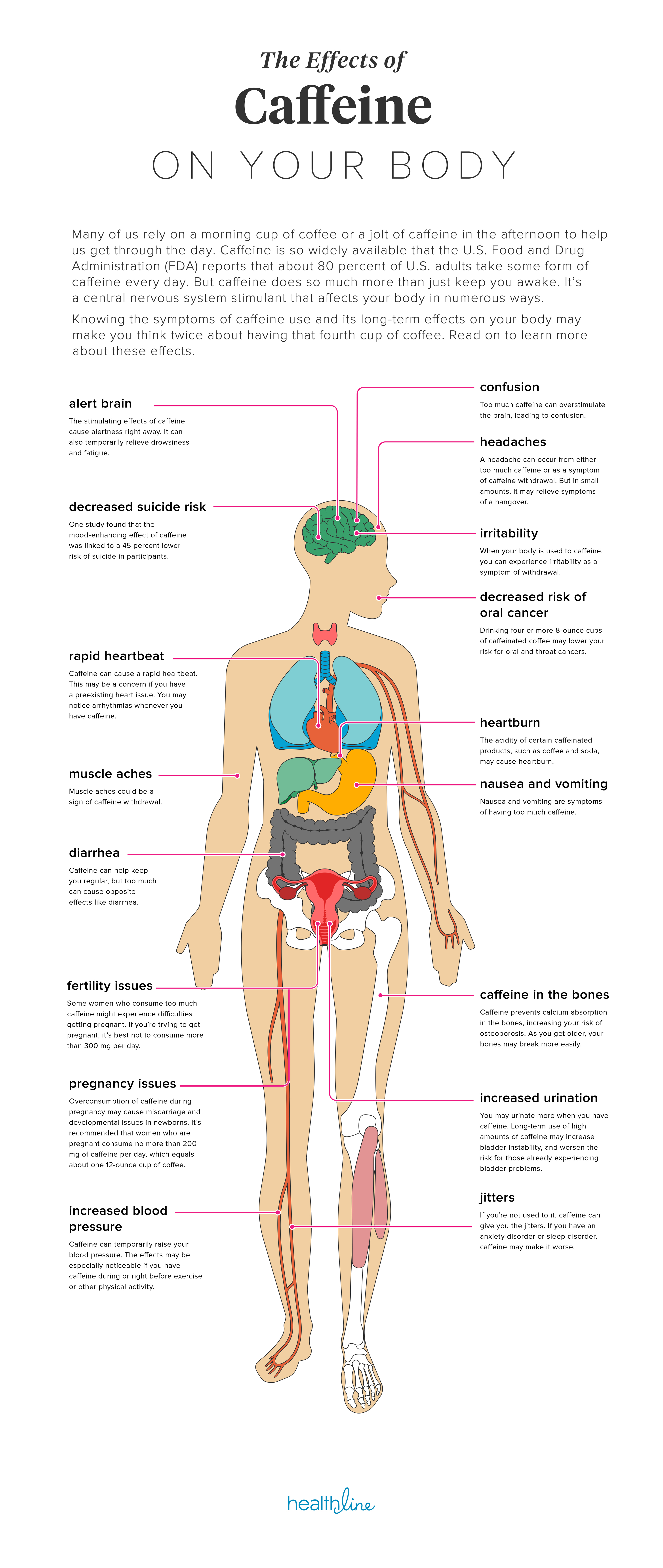
Caffeine is a common stimulant found in coffee, tea, soda, and other beverages. It is known for its ability to increase alertness, improve mood, and boost energy. However, there has been some concern about the effects of caffeine on bone health. In this article, we will explore the potential impact of caffeine on bones.
What is caffeine?

Caffeine is a natural stimulant that is found in the seeds, leaves, and fruits of some plants. It is commonly consumed in the form of coffee, tea, chocolate, and soft drinks. Caffeine works by blocking the action of a neurotransmitter called adenosine, which is responsible for promoting sleep and suppressing arousal.
How does caffeine affect bone health?

There has been some concern that caffeine may have a negative impact on bone health. This is because caffeine has been shown to increase the excretion of calcium in urine, which could potentially lead to a loss of bone density over time. However, the evidence on this topic is mixed, and more research is needed to fully understand the relationship between caffeine and bone health.
Does caffeine increase the risk of osteoporosis?

Osteoporosis is a condition in which bones become weak and brittle, making them more prone to fractures. Some studies have suggested that high caffeine intake may increase the risk of osteoporosis, particularly in postmenopausal women. However, other studies have found no association between caffeine intake and bone density or fracture risk.
How much caffeine is too much?
The amount of caffeine that is considered safe varies depending on the individual. Some people are more sensitive to caffeine than others, and may experience negative side effects such as jitteriness, insomnia, or headaches. The FDA recommends that adults consume no more than 400 milligrams of caffeine per day, which is equivalent to about four cups of coffee.
What are some other factors that affect bone health?

Bone health is influenced by a variety of factors, including genetics, nutrition, physical activity, and lifestyle habits. Eating a balanced diet that is rich in calcium and vitamin D, getting regular exercise, avoiding smoking and excessive alcohol consumption, and maintaining a healthy body weight can all help to promote strong bones and reduce the risk of osteoporosis.
Conclusion
While there is some evidence to suggest that high caffeine intake may have a negative impact on bone health, the relationship between caffeine and osteoporosis is still unclear. More research is needed to fully understand the potential effects of caffeine on bone health. In the meantime, it is important to consume caffeine in moderation and to maintain a healthy lifestyle to promote strong bones.